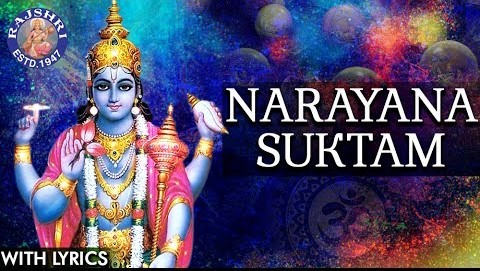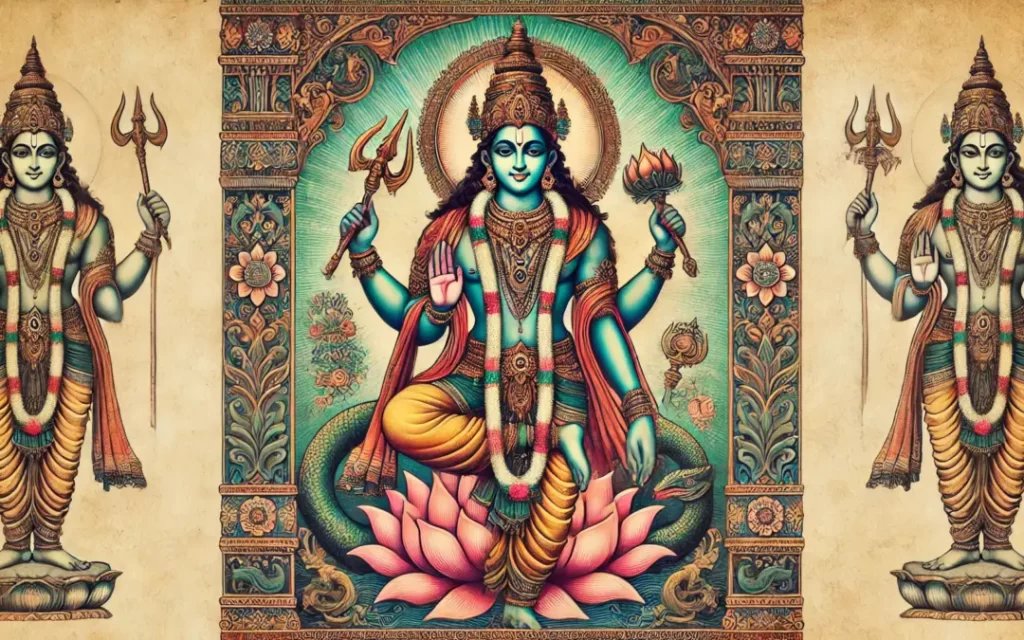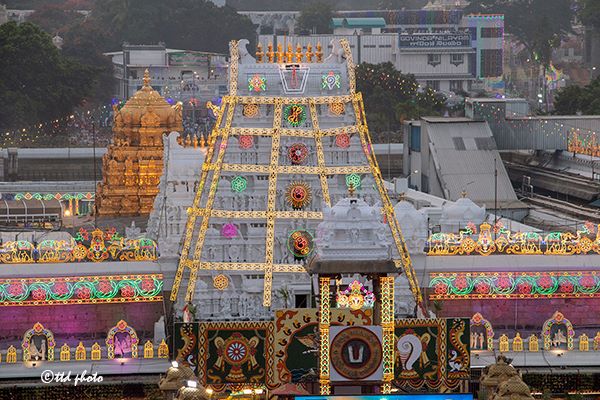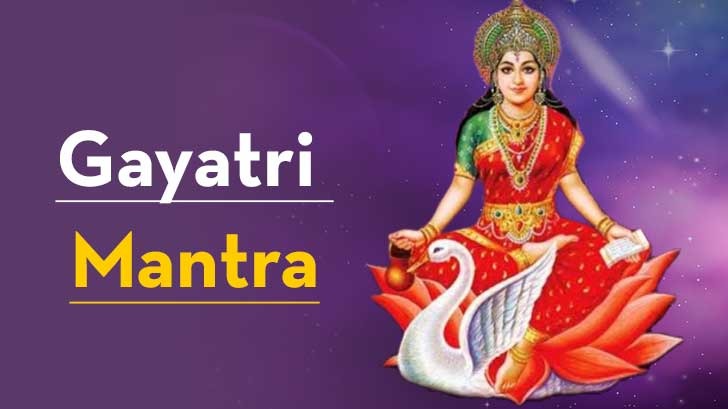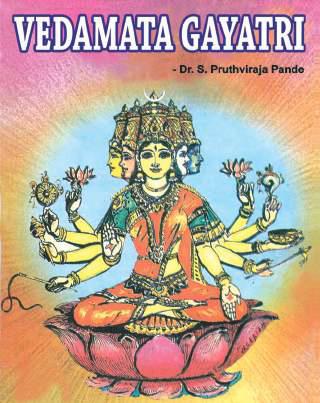Maha Mrityunjaya Mantra – Powerful Healing & Protection Prayer Om Trayambakam Yajamahe Sugandhim Pushtivardhanam Urvarikam-iva Bandhanan Mrityor Mukshiya mamrtaat (Shukla Yajur Veda samhita 3.60; Rig Veda Mandala 7, Sukta (chapter) 59, Mantra 12) Meaning of Maha Mrityunjaya Mantra Sugandhim means fragrance; Pushti vardhanam means nourishes well; Trayambakam refers to Lord Shiva who has three eyes; Yajamahe Read More
Category: Mantras
A mantra (Pali: mantra) or mantram is a sacred utterance, a numinous sound, a syllable, word or phonemes, or group of words (most often in an Indic language like Sanskrit) believed by practitioners to have religious, magical or spiritual powers
Significance of Narayana Suktam || Comprehensive – explains about meditation
Narayana Suktam Chanting: Powerful Benefits & Detailed Explanation Narayana Suktam explains about meditation. Before meditation, one has to recite this and contemplate the meaning, which in turn will help the Sadhak reach deeper levels of meditation. In the beginning, the glory of God is described. It is then followed by a step-by-step instruction on how Read More
Understanding the Purusha Suktam: A Deep Dive into Its Vedic Hymns
Purusha Suktam: Recitation Guide & Its Power in Daily Life Purusha Sooktam / Purusha Suktam is a hymn of praise adoring the Infinite Reality expressed through its creativity. One of the most famous hymns of the Rig Veda, it has the special privilege of being widely chanted by devotees The word Purusha here refers to Read More
Purusha Sooktam: Translation & Significance
Purusha Sooktam is a hymn of praise adoring the Infinite Reality expressed through its creativity. One of the most famous hymns of the Rig Veda, it has the special privilege of being widely chanted by devotees Purusha Sooktam / Purusha Suktam The word Purusha here refers to the Supreme Being – Parama Purusha, the Supreme Read More
Unlock Inner Harmony: The 6 Shanti Mantras Explained
Shanti Mantras We must approach a task with the right mental attitude whenever we undertake it. This preparation will greatly enhance the chances of success in our undertaking. For similar reasons, we have many Prakaras (enclosures) in our temples. As the devotee goes around each Prakara, his concentration improves and his mind gradually gets focused Read More
Sri Venkateswara Mangalasasanam
This article is dedicated to one of the 4 parts of Sri Venkateswara Suprabhatam, Mangalasasanam (or Sri Venkateswara Mangalasasanam) Introduction Sri Venkateswara or Balaji is the Saviour of Kaliyuga. The devotees have immense belief in Lord Venkateswara. God in return is showering boons on His devotees, as per their desires. The devotees Praise the Lord’s Read More
Sri Gayatri Mantra and its Divine Energy
Gayatri Mantra A Sanskrit syllable or a characteristic sound that is endowed with an ability to elevate the spiritual and psychological levels in human beings through meditation and chanting is known as “Mantra”. The word ‘Mantra’ literarily means ‘tool of thought’. The mantra will calm the mind of the chanter and prepare it for meditation. Read More
Gayatri is worshipped as Vedamata
Goddess Gayatri worshipped as Vedamata Goddess Gayatri is worshipped as Vedamata by almost all the people. The Goddess Gayatri’s Gayatri Mantra is the most divine and powerful. She is the goddess of all the Vedas, she is worshipped as ‘Vedamata‘. It is believed in our Sanatana Dharma that the Goddess Gayatri is the manifestation and Read More
Sri Venkateswara Prapatti
Explaining Sri Venkateswara Prapatti Sri Venkatesa is the Ultimate God of this age of Kali. He is worshipped today by all, irrespective of caste, creed or sex. There is no place, that equals Tirumala Hills, and no God is matching Sri Venkatesa. The day starts with the ‘Suprabhatam’ at the temple. The Suprabhatam is comprised Read More
Commentary on Sri Venkateswara Suprabhatam
Sri Venkateswara or Balaji is the Saviour of Kaliyuga. The devotees have immense belief in Lord Venkateswara. God in return is showering boons on His devotees, as per their desires. The devotees Praise the Lord’s excellence, His pranks and other interesting stories in various ways. This article ‘A Commentary on Sri Venkateswara Suprabhatam (or Balaji Read More
